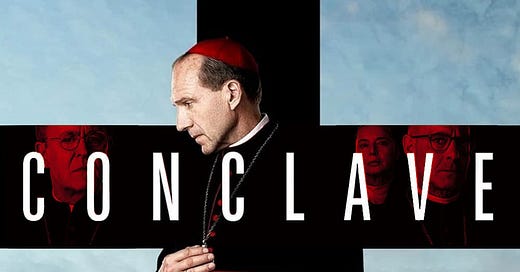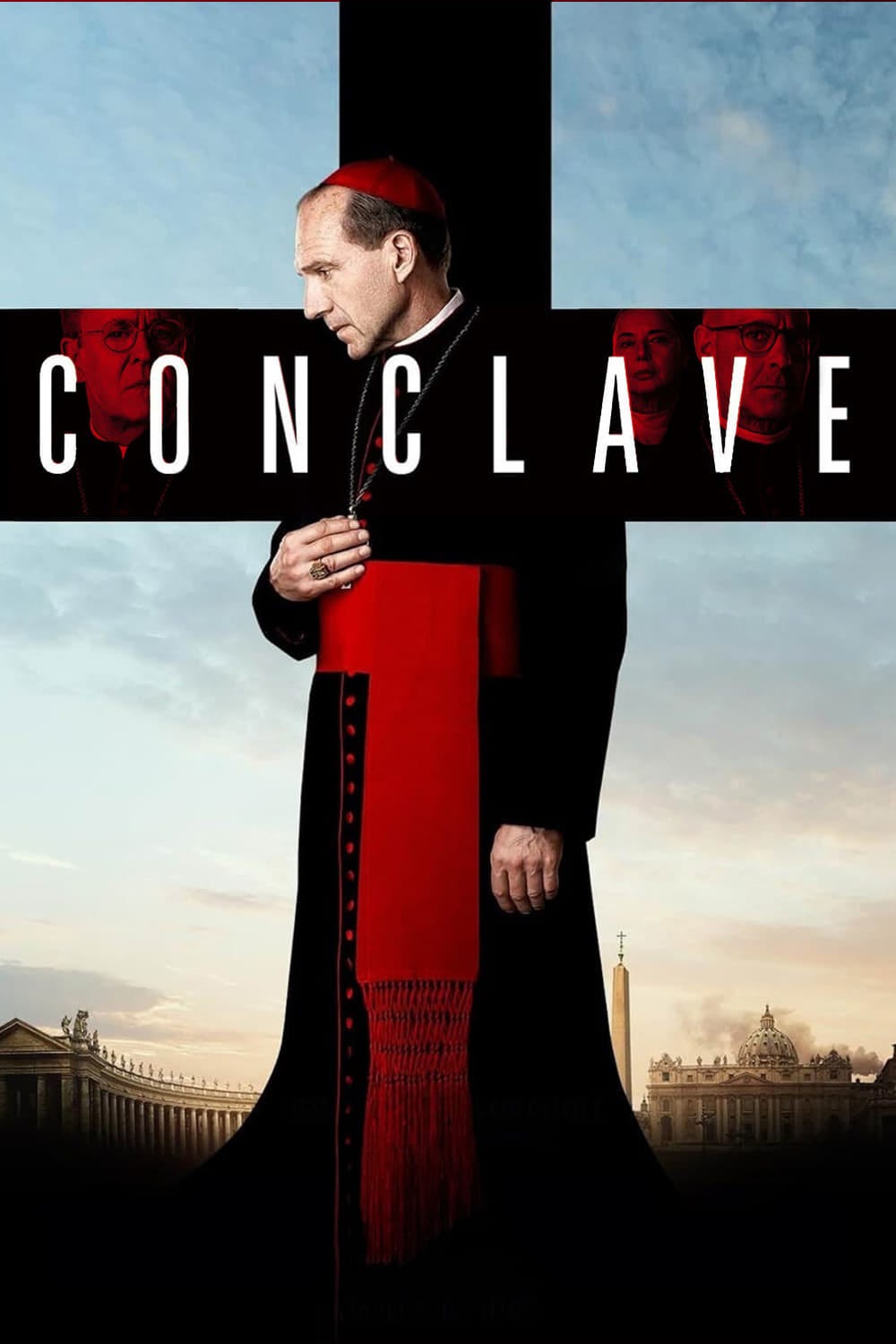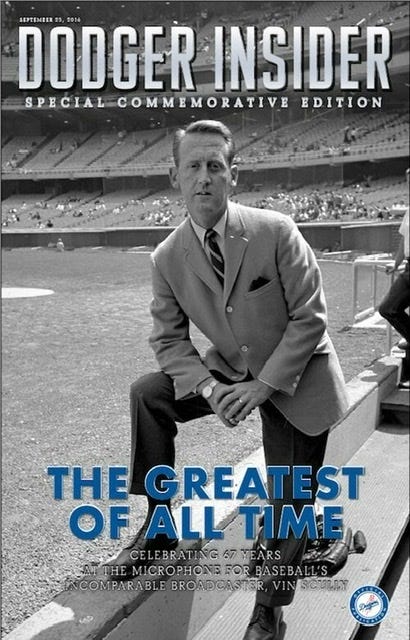This movie is a microcosm of civilized humanity. In fact, the word humanity is perfectly used in Conclave. The movie’s been adapted by Peter Straughan (who adapted John Le Carre’s Tinker, Tailor, Soldier, Spy for film) from the 2016 novel of the same name by Robert Harris. It’s directed by Edward Berger, who’s known for directing a Netflix remake of the 1930 Oscar Best Picture winner, All Quiet on the Western Front, itself based on a novel by Erich Maria Remarque (read my recently published analysis of the 1930 movie in Unlikely Stories).
Director Berger employs a curious method mixing the close-up and emphasis on audio-visual cues with a smattering of neatly composed shots. For example, the respiratory system is a focal point. I don’t want to overthink or overanalyze here, which I have a tendency to do, but it strikes me that Berger makes a point to stress that to expend the effort to think is to breathe life into one’s choice of action. Thinking, in other words, is like breathing: it’s vital. I don’t think this gives Berger undeserved credit. At key intervals, a character’s breath marks Conclave’s progession.
A conclave is an assembly of Roman Catholic cardinals to elect a new pope. This is the plot premise. The plot-theme, however, is that the rational life is the byproduct of focusing not on “tradition but…[by focusing on] what we do next.” What comes next and how to prepare amounts in this context to promoting human life here on earth.
Characters in this claustrophobic movie are interesting if predictable. So is the plot. At least it was to me, though I may not be a representative audience sample given that I’ve seen and analyzed or reviewed scads of movies. I saw Conclave’s plot twist coming. It’s an intriguing twist. One can take it any number of ways. I take it in a very particular way. Ultimately, I think the twist serves both plot and theme.
Among the characters are various cardinals competing to become pope. In this sense, Conclave is like a good sports or courtroom drama. It’s engrossing if only by virtue of its suspenseful tension over who will be elected pope. There’s never any question whether anyone will be elected. Conclave depicts the highest Catholic contest.
The Vatican and papacy are an unmistakable metaphor here for civilization. Leading the cast is Ralph Fiennes (The White Crow) as Cardinal Lawrence, a relative voice of reason (to the extent this is possible in the Vatican). Among the cloistered priests and nuns are Stanley Tucci (The Devil Wears Prada) as a liberal American cardinal. Other cardinals come from various continents across the globe, including an African cardinal who thinks gays are going to hell. John Lithgow (Third Rock from the Sun) costars as a popular cardinal. There’s a contingent devoted to the cardinal who holds the old, classic Italian traditionalism, too. As Sister Agnes, Isabella Rossellini (White Nights) gives one of her best performances, particularly in a scene opposite Fiennes.
As shuttered cardinals debate and discuss various scenarios and cut deals and alliances in shadows and stairwells, the world outside the Vatican goes on and attempts to intrude. A sparse musical score punctuates and never overwhelms. The Vatican’s luxury and monastic simplicity permeates Conclave. Catholic ritualism remains complete with white smoke, gallantry and theatricality with all the ribbons, ceremonies and robes, and, of course, a Bible. Curiously, the cross and crucifix are rarely seen, a directorial choice which supports Berger’s decision to portray the Vatican as a metaphor for civilized society.
Among those competing or contesting include a new cardinal from Afghanistan. Action and discourse begin with the death of a pope who remains something of a mystery and yet was mostly admired. One of the cardinals is guilty of simony. Another is a gentle, reasonable guide and advocate for logic in electing the new pope. Introspection about one’s goals, motives and ethics drives the plot, which depicts a psychological puzzle inviting the audience to think about what moves your choices and your life. Human action is the point of the studious Conclave.
Among the considerations: whether to seal, (later, whether it’s proper to break the seal), to a room filled with mystery—whether women can and ought to have a serious role in human affairs including the Roman Catholic Church—what constitutes virtue in the innermost crises of one’s soul.
Ralph Fiennes comes off well, giving another outstanding performance in a remarkable career. At a time when the newly designated American Secretary of Defense sports a tattoo boasting of the Crusades while religious radicals attack civilization with catastrophic intent to destroy the West, Conclave’s subtext of religious war provokes thought. Berger’s choice to pivot to the Vatican’s exterior, particularly in a scene with umbrellas as the world awaits the election of the new pope, underscore Conclave’s nuances and thematic point that human action is serious and ought not to be taken too lightly. The film’s an argument for taking life seriously, which is to say philosophically—as philosophical as a Catholic can get.
Conclave’s twist, whether you see it coming, as I did, is at once plausible and unsettling. It’s a twist which makes you think. It makes you think twice. It’s not cut and dried. Seen one way, the twist underscores the absurdity of religion both in general and in principle. Seen this way, the outcome of the election of the new pope matches the irrationalism of our times. Seen another, more optimistic, way, what happens at the Vatican is a step toward a brighter, more harmonious world in which everyone can be capable of love. Seen a third way, the twist encompasses the meaning of both of these viewpoints; that the election of the new pope showcases both religion’s primitivism and its simple, existential fidelity to the facts of reality. The pope, too, is human. Conclave concretizes this.
With Latin phrases (unfortunately without subtitles) throughout the film, Conclave ultimately asserts with a sense of conviction that perfection—secular or religious—lies in “peace, truth and intelligence.” Can anyone honestly dispute that this is true? Conclave strives to dramatize that perfection, as Leonard Peikoff argues, is possible.
Related Articles and Links
Wednesday with Greta Garbo
This is an evocative film about a woman’s desire and redemption. It’s not an essential Garbo picture, however. Miss Garbo improves the flat screenplay with another considered performance. The male leads (Herbert Marshall as an epidemiologist husband and George Brent as the aroused other man) are equally enticing, passionate and erotic, playing off Garbo…
Movies: Rear Window
At its center, Paramount Pictures’ 1954 motion picture by Alfred Hitchcock, based upon a 1942 short story by Cornell Woolrich and adapted by John Michael Hayes, both dramatizes and stylizes man as a social being—man the producer, trading with others; man the citizen, abiding the law; man the neighbor—the one in the many—man the consumer; man the avenger…
Movies: The White Crow
Have you heard the phrase “giving back”? This euphemism for altruism is repudiated in a recent film honoring a historic emancipation from slavery 60 years ago. Its use comes in a scene in which a powerful woman rejects a plea from a selfish young man who is at her mercy. The female’s a bureaucrat. The youngster is an artist pleading for the right to cre…
Obituaries
Three happily married legends recently died. They were masters of broadcasting, history and song. In showcasing their voluminous works of art, each were vital, romantic, cheerful, enduring and strong. There are lessons in their works and lives—genuine lessons for life—and this article skims the surface. The legacy these three leave is rare, astonishing …
Movies: American Graffiti
This is an unusual, influential and interesting movie. Having been exposed to it often without ever getting or forming a clear sense of what it was about, American Graffiti, like its amorphous title, faded into oblivion without clarity. No one who saw, claimed to enjoy or take notice of the movie which launched the sensational career of George Lucas, who created the ubiquitous










As usual, a brilliantly written review Scott. Definitely intrigued me enough to watch the movie. As someone who had to overcome a religious childhood and background I look forward to how the movie addresses living life on earth vs. living to get into heaven. Well done!